Yes, spray foam is waterproof. Spray foam insulation is a polyurethane foam sprayed onto surfaces and expands to fill in cracks and gaps. It forms an airtight seal that prevents moisture from penetrating the surface. This makes it ideal for use in areas where water, such as basements or bathrooms, may be present. It also provides superior insulation properties compared to other types of insulation.
Spray foam insulation can be used indoors and outdoors to protect against water damage. It can be applied directly to walls and ceilings or seal windows and doors, preventing moisture from entering the home. The material also has excellent adhesion qualities, allowing it to stick firmly even when exposed to water. It won’t degrade over time like other materials, making it a durable option for waterproofing projects.
Contents
What is Spray Foam?
Spray foam is a popular building material that has become increasingly common in the construction and insulation industry. Made from polyurethane, it is sprayed like paint, expanding to fill gaps and cracks that are often difficult to reach with traditional materials. Spray foam forms an airtight seal around water entry areas, making it waterproof and highly efficient for insulation.
Spray foam reacts to humidity in the atmosphere, allowing for customization of its application process depending on the environment where it’s being used. This makes spray foam ideal for insulating homes and buildings in cold and humid climates. Additionally, spray foam eliminates air movement throughout a structure more effectively than other insulation materials due to its ability to expand into difficult-to-reach areas.
Benefits of Spray Foam Insulation
Spray foam insulation is a great way to keep your home or business warm and dry. Not only does it provide superior insulation, but it also has the added benefit of being waterproof. That makes spray foam insulation an ideal choice for many applications.
Spray foam can be used indoors and outdoors, providing seamless protection against water, air infiltration, and more. Its waterproof properties make it especially beneficial in areas prone to high humidity or flooding. It also provides superior soundproofing, helping keep sounds from entering or leaving a space such as music studios or medical offices. Its ability to fill small areas makes it great for use around pipes and wires in walls where traditional insulation may not fit properly.
Advantages of Using Spray Foam
Spray foam is an excellent option for waterproofing any structure. It offers many advantages over other materials and can help protect against moisture damage in homes or businesses. Spray foam insulation supports walls, ceilings, and roofs due to its expansive nature and tight seal when applied. Not only does it provide the necessary waterproofing an area needs, but also it increases energy efficiency by providing an airtight barrier that seals out cold air in the winter and hot air in the summer months.
The advantages of using spray foam are numerous. First, it is lightweight compared to traditional insulating materials like fiberglass or cellulose while still highly effective at keeping interior temperatures consistent. Additionally, spray foam expands up to 100 times its original volume after application which helps fill small cracks and crevices that could otherwise lead to leaks or drafts.
Disadvantages of Using Spray Foam
One of the main downsides to using spray foam is its tendency to shrink over time. The foam will typically shrink by about 5% within the first month after application. Still, this percentage can increase over time depending on the environment and climate in which it is installed. If not installed properly, this shrinking can create gaps where air or water can seep through, thus reducing its effectiveness as a waterproof barrier and making it less energy efficient than other types of insulation.
In addition, spray foam installations should only be done by experienced professionals due to the hazardous chemicals involved in the process.
Alternatives to Waterproof Spray Foam
Spray foam is an increasingly popular choice for waterproofing a home or business, as it provides an effective seal against the elements. However, this solution has some drawbacks that can make it less than ideal for specific situations. There are a few other options available for those looking for alternatives to spray foam.
One alternative is using caulk or sealant to fill gaps and cracks. While not quite as efficient as spray foam in terms of insulation, caulk and sealant are easy to apply and highly affordable. Unfortunately, they don’t last nearly as long as spray foam and tend to require frequent reapplication to remain effective.
Another option is self-adhesive membrane systems such as tar paper or rubberized asphalt sheeting.
Summary
Spray foam is an excellent choice for homeowners looking to protect their structures from water damage, mold, and other hazards. It’s easy to install, helps cut energy costs, and provides superior insulation. As a bonus, it can also be used to waterproof the entire structure to prevent further damage from occurring. Whether you’re building a new home or making repairs on an existing one, spray foam can be the perfect solution for waterproofing your property.
